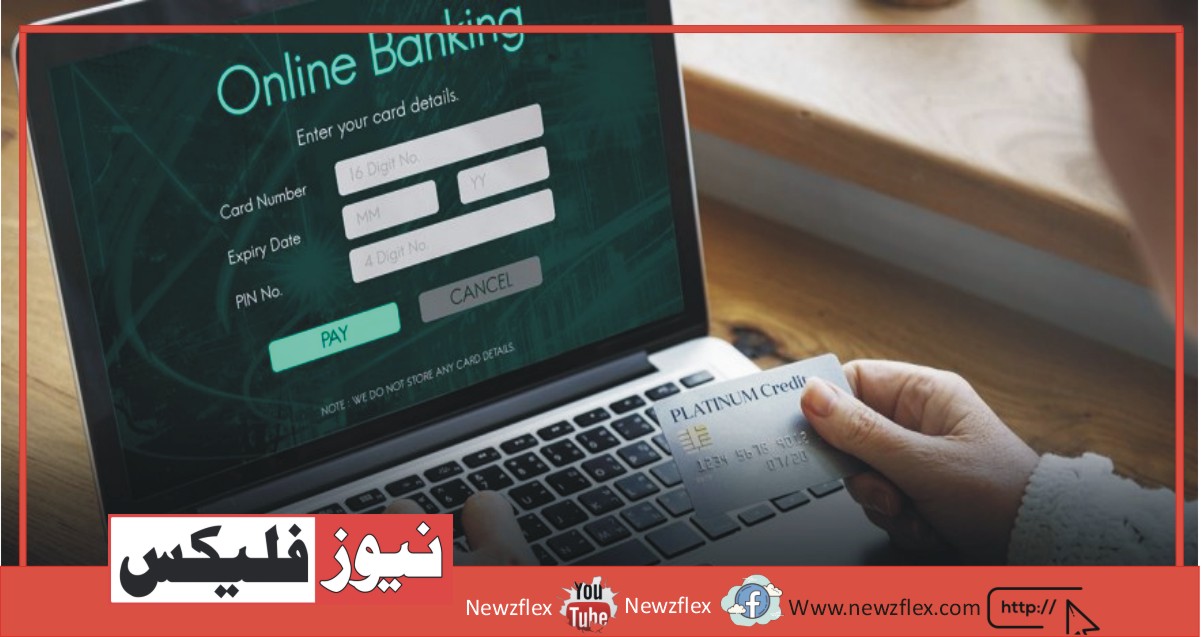How to Protect Your Online Banking Details in Pakistan
How to Protect Your Online Banking Details in Pakistan Those times have gone when you had to physically visit a neighbourhood bank to withdraw money, deposit a cheque, and do other transactions. Now, because of the technological advancements of the 21st century, banking is at your fingertips. With a few taps on your smartphone screen […]





